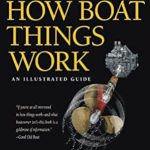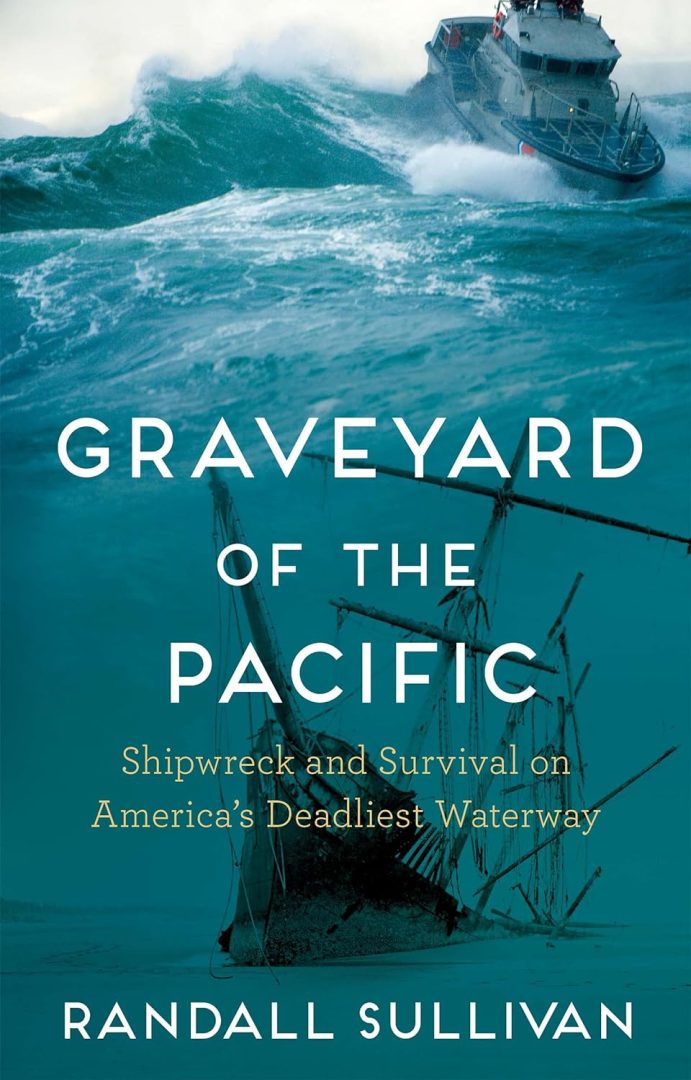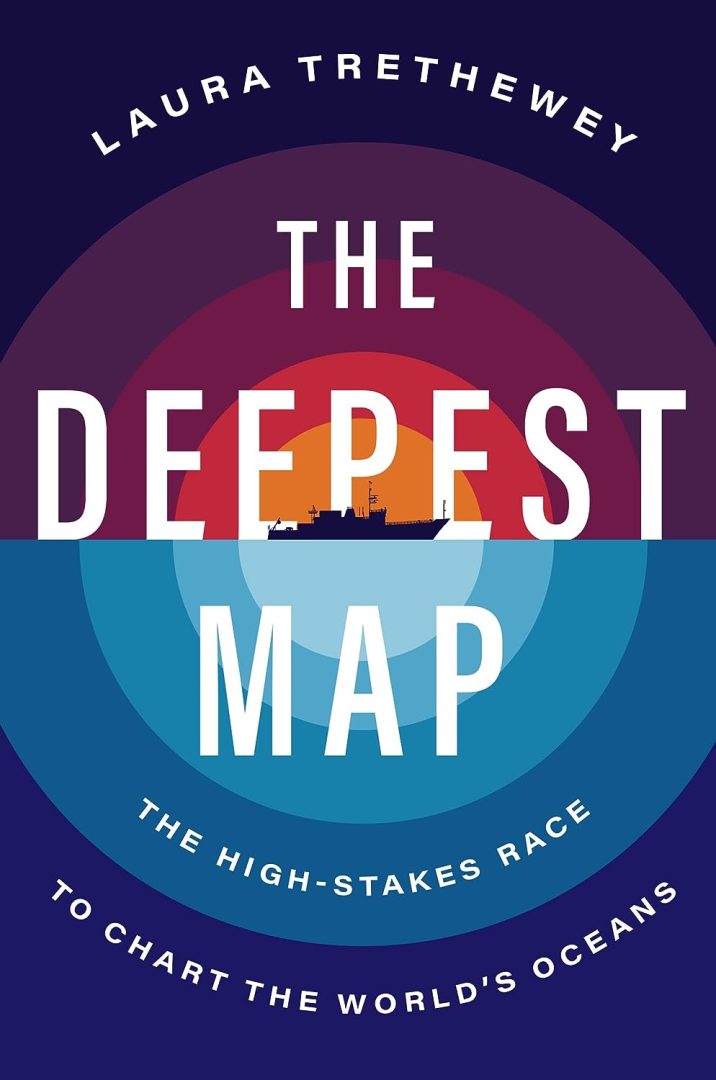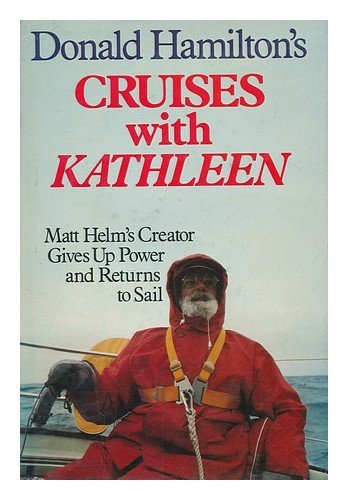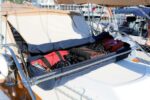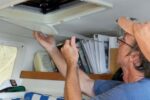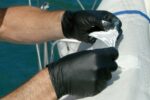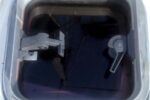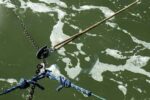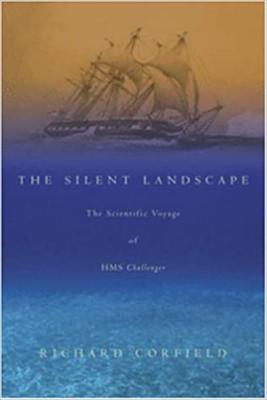
In December, 1872, the British ship HMS Challenger left Portsmouth, England on a voyage that would last until May, 1876, cover 68,900 miles, and add volumes to the already growing body of knowledge of the sea. Until that time, any scientific voyage, including that of HMS Beagle of Charles Darwin fame 40 years earlier, was also charged with expanding the British Empire. The Silent Landscape: The Scientific Voyage of HMS Challenger, by Richard Corfield, is the story of Challenger‘s historic voyage, the sole purpose of which was a purely scientific exploration of the world’s oceans.
The reader is given some idea of what life on board was like for the “scientifics,” as they were called by the crew, as well as for that crew, one-fourth of whom deserted by the end of the three and a half-year voyage. However, the larger portion of the narrative is devoted to Challenger ‘s scientific findings and what they have lead to today. For example, the author gives a detailed explanation of the technology Challenger used as they stopped every 120 miles to take soundings and every 300 miles to dredge a bottom sample as they crossed the Atlantic Ocean. He then goes on to follow the evolution of that technology until we arrive at the modern methods of multibeam sonar and satellite navigation systems used today. The author details the Challenger‘s findings on the Sargasso Sea, the Mid-Atlantic Ridge, deep-sea exploration, plate tectonics, coral growth, the Bermuda Triangle, Antarctica, and many other fascinating discoveries.
At times the book seems like a textbook; some sections may be beyond the grasp of those without a strong scientific background. But the author’s style is such that the reader can glean enough information to make reading it worthwhile. He also includes a useful list of suggestions for further reading and a detailed topical index. If you’re looking for something to entertain you with swashbuckling heroics, you’ll probably find little in here to satisfy you. But if you’re interested in history or science or if you’re naturally curious about how we’ve come to know as much as we do about the oceans, you will probably find The Silent Landscape to be, at the very least, an excellent reference book and, at the most, a valuable asset to your personal library.
The Silent Landscape: The Scientific Voyage of HMS Challenger By Richard Corfield (Joseph Henry Press, 2003; 285 pages)
